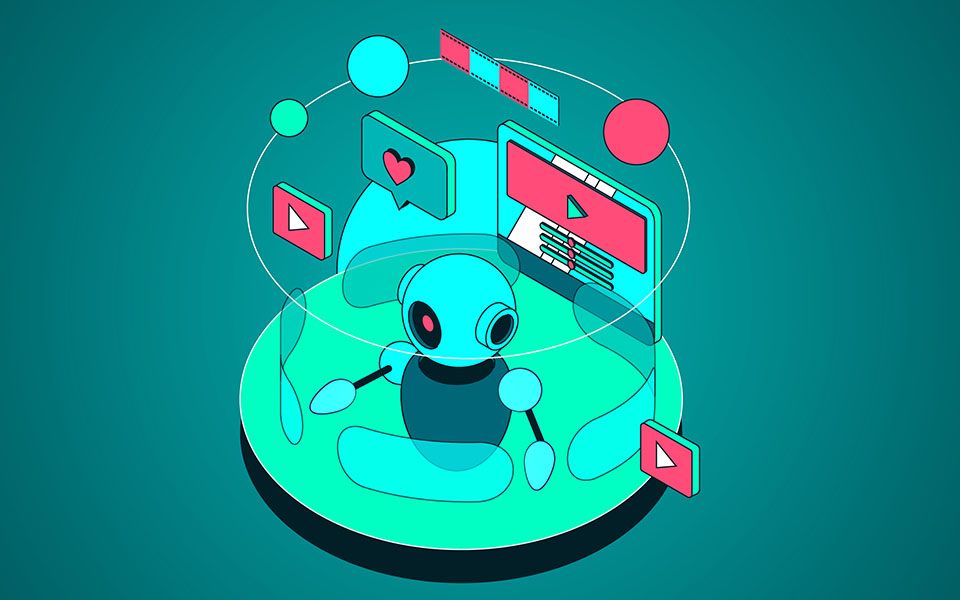Videos have emerged as a dominant medium for communication, entertainment, and storytelling. However, creating high-quality videos often involves laborious and time-consuming editing processes that can be daunting even for experienced professionals. This is where the transformative power of artificial intelligence (AI) comes into play. In this blog, we’ll explore how AI is revolutionizing video editing processes, making them more efficient, accessible, and innovative than ever before.
The Evolution of Video Editing
Traditional video editing has typically involved manual tasks such as cutting, trimming, color correction, and audio mixing, all of which require significant time and expertise. While professional editing software has streamlined many of these processes, the demand for high-quality video content continues to grow, putting pressure on creators to produce more content in less time.
Artificial intelligence, with its ability to analyze vast amounts of data and perform complex tasks with speed and precision, is reshaping the landscape of video editing in several ways:
Automated Editing Workflows:
AI-powered editing tools can automate repetitive tasks such as scene detection, video stabilization, and even basic editing decisions like selecting the best shots or adjusting color balance. By leveraging machine learning algorithms, these tools can analyze footage, identify patterns, and make intelligent editing decisions, freeing up creators to focus on the more creative aspects of their work.
Content Analysis and Tagging:
AI algorithms can analyze video content to identify objects, faces, scenes, and even emotions, enabling more efficient organization and tagging of footage. This makes it easier for editors to search for specific clips, repurpose content, and maintain consistency across projects. Advanced AI models can even generate metadata automatically, saving time and effort in the post-production process.
Real-time Feedback and Suggestions:
AI-powered editing software can provide real-time feedback and suggestions to help creators improve their videos. For example, an AI assistant might analyze the pacing of a video and recommend adjustments to optimize viewer engagement. Similarly, AI algorithms can detect potential copyright issues or compliance violations, helping creators avoid legal pitfalls before they arise.
Personalized Content Creation:
AI can also enable personalized content creation by generating custom video variations based on audience preferences, demographics, and engagement data. For example, a marketing campaign could use AI to create thousands of personalized video ads tailored to different target audiences, maximizing relevance and effectiveness.
The Future of Video Editing
As AI technology continues to advance, we can expect even more groundbreaking innovations in the field of video editing. From deep learning algorithms that can understand and emulate human creativity to AI-driven virtual assistants that can collaborate with creators in real-time, the possibilities are virtually limitless.
The integration of artificial intelligence into video editing processes represents a paradigm shift in content creation, empowering creators to produce high-quality videos more efficiently and effectively than ever before. By automating tedious tasks, providing intelligent feedback, and enabling personalized content creation, AI is revolutionizing the way we edit and experience video. As AI technology continues to evolve, the future of video editing promises to be more accessible, innovative, and inspiring than ever imagined. So whether you’re a seasoned professional or a budding creator, now is the time to embrace the power of AI and unlock new possibilities in video editing.





